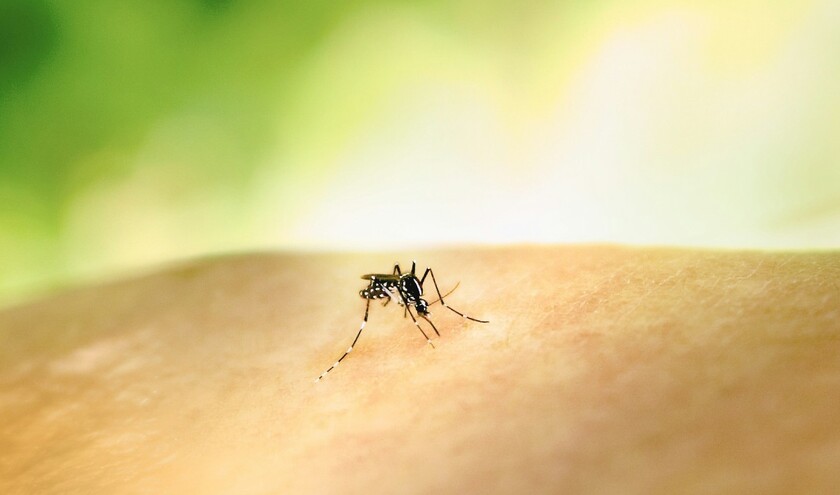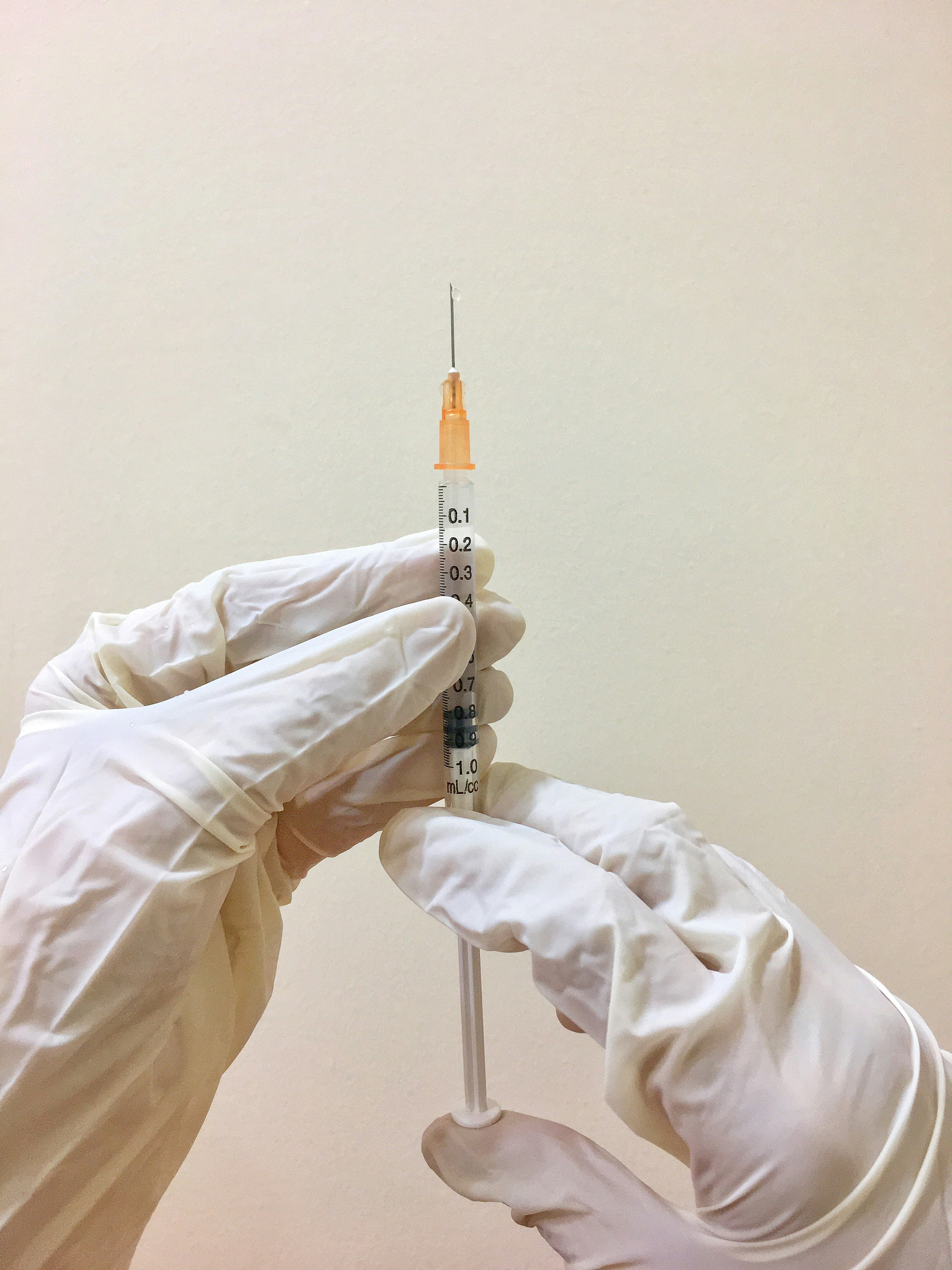The latest UK Health Security Agency (UKHSA) data shows 73 cases were reported between January and June 2025, up from 27 case in the same period in 2024. This year has the highest number of cases recorded in this period to date.
Chikungunya is a mosquito-borne infection related to overseas travel, with symptoms including a sudden onset of fever usually accompanied by joint pain. While most people recover fully within 1-2 weeks, the joint pain can persist for months or even years. Up to 12% of patients still experiencing discomfort three years after infection. Serious complications are uncommon, but the disease can be fatal in the very young, older individuals and those with other underlying illnesses.
Of the 73 chikungunya cases, the majority reported travel to Sri Lanka, India and Mauritius, linked with ongoing local outbreaks in countries in the Indian Ocean region. All cases were reported in England, with the majority in London.
There are only two species of mosquito that transmit the disease and they are not established in the UK at present, because our climate is generally not suitable for their survival and breeding.
There are two chikungunya vaccines - IXCHIQ and Vimkunya - that have recently been approved for use in the UK based on the Joint Committee on Vaccination and Immunisation (JCVI) advice. They are available to buy privately from travel clinics.
Dr Philip Veal, consultant in public health at UKHSA, said: ‘Chikungunya can be a nasty disease and we're seeing a worrying increase in cases among travellers returning to the UK. While this mosquito-borne infection is rarely fatal, it can cause severe joint and muscle pain, headaches, sensitivity to light and skin rashes. Thankfully symptoms usually improve within a few weeks, but joint pain may last for months or longer.
‘It is essential to take precautions against mosquito bites when travelling. Simple steps, such as using insect repellent, covering up your skin and sleeping under insecticide-treated bed nets can greatly reduce the risk. Before you travel, check the Travel Health Pro Website for the latest advice on your destination. A chikungunya vaccine may also be considered for those travelling to higher-risk regions.'
The data - published as part of UKHSA's Travel-associated infections in England, Wales and Northern Ireland: January to June 2025 report - also reveals three cases of Oropouche virus in travellers returning to the UK. This is the first time the UK has reported Oropouche virus cases, with all cases associated with travel to Brazil.
The report for the first six months of the year also shows:
- a significant increase in travel-associated cholera cases in the UK, with eight cases, compared to just one case in 2024. Most cases reported travel history to India and Ethiopia – with all Ethiopia-linked cases associated with an outbreak there
- 161 dengue cases reported in England, Wales and Northern Ireland, a 67% decrease compared to the same period in 2024, which saw 490 cases
- Zika virus disease cases also decreased to four cases in the first half of 2025, down from nine cases in 2024
- There has also been cases of meningococcal serogroup W (MenW) disease this year, associated with travel to Saudi Arabia for Umrah and Hajj and their household contacts. Meningococcal disease can leave survivors with serious lifelong conditions including hearing loss, brain damage and limb amputations, and can also be fatal. Anyone travelling to Saudi Arabia for pilgrimage at any time of the year should ensure they are vaccinated with the MenACWY vaccine before travel.



